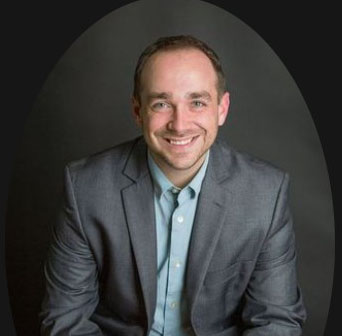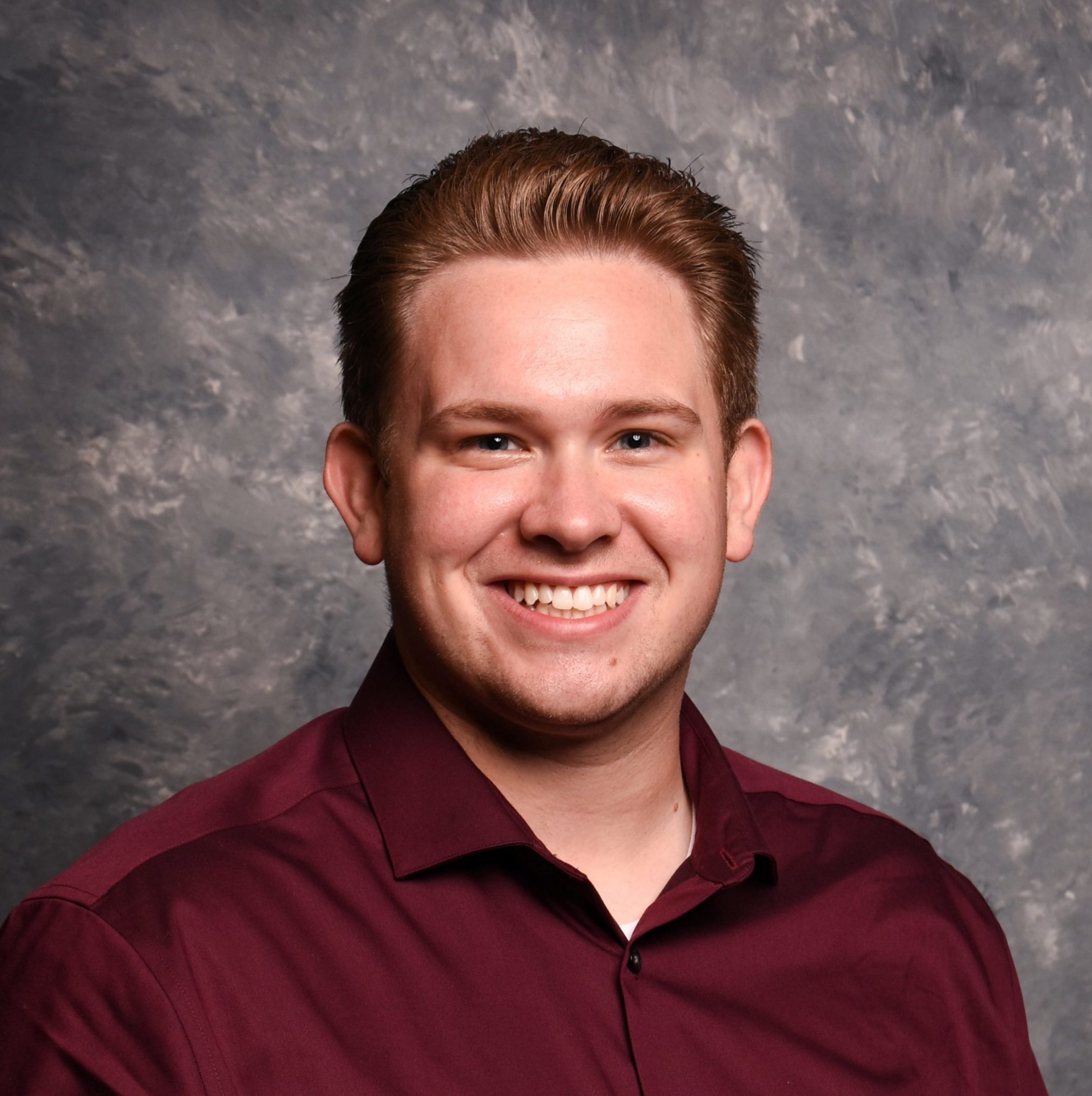Eisenmann enjoys dual role of labor law practice
By: MaryBeth Matzek, Special to the Wisconsin Law Journal//December 4, 2015//
Eisenmann enjoys dual role of labor law practice
By: MaryBeth Matzek, Special to the Wisconsin Law Journal//December 4, 2015//

Erik Eisenmann says that one of his great joys while he was growing up came from solving problems and puzzles. Now as a labor and employment attorney at Whyte Hirschboeck Dudek S.C. in Milwaukee, he gets the opportunity to do the same thing almost every day.
“I really enjoy that, as an HR attorney, I get to solve some problems cooperatively – working with everyone to solve an issue – but then there are other problems and issues that can only be solved with litigation,” Eisenmann said. “It’s a great mix of transactional and litigation work.”
Eisenmann first became interested in employment law in law school. He now helps clients on everything from developing employee handbooks and workplace policies to counseling employers about disciplinary matters and contracts.
“I really see myself as a business partner with my clients and help them to address issues as they come up,” he said. “I can help them draft policies and contracts and answer questions as they come up.”
Eisenmann said he enjoys getting to know the business and building relationships with clients. “You really gain a lot of institutional knowledge about how a company works,” he said.
The other side of the job comes in when a company has a problem that can only be dealt with through litigation. “A lot of my cases are in federal court and you get to know the judges there,” Eisenmann said. “The vast majority of cases are settled before trial, but there are still hearings and you get the chance to present your case.”
When working with clients, Eisenmann said, cases involving retaliation, contracts and non-compete clauses are the ones that usually result in litigation.
“I really enjoy the subject matter. I continually am surprised by what people do in the workplace,” he said. “It’s definitely not a dull practice.”
Unlike some areas of the law that see frequent changes, such as tax law, employment law tends to run in the same groove although new presidential administrations might change the general emphasis, he said.
“We’ve definitely seen in the past six years an increase in the enforcement of the EEOC and the National Labor Relations Board is definitely increasing its activity even though there aren’t as many people in unions,” he said. “Administrations come in and have their priorities and you see that in some of the different enforcement areas.”
Wisconsin Law Journal: What makes your work important to you?
Erik Eisenmann: One of my favorite things about being a labor and employment lawyer is that I get to be a counselor and business partner for my clients and an advocate for those same clients when they find themselves in litigation or other disputes. Playing both of these roles allows me to develop closer relationships (and often friendships) with the people at the companies I represent.
WLJ: Who is your hero in the legal field?
Eisenmann: I have always admired Justice Sandra Day O’Connor. Her life story is inspiring – overcoming discrimination early in her career, and successfully balancing family and work to become the first woman on the U.S. Supreme Court. And although I didn’t always agree with her positions as a justice, I appreciated her pragmatic and non-partisan approach to the law.
WLJ: What do you do outside of work to deal with stress from the office?
Eisenmann: Music is my favorite way to escape. Every Tuesday evening, I play my French horn with the Waukesha Area Symphonic Band. My mom (trumpet), dad (percussion), sister (trombone), and brother-in-law (euphonium) are also members of the group.
WLJ: What’s one thing many people get wrong about what you do?
Eisenmann: TV Shows like “Law & Order” and “Boston Legal” have convinced my friends and family that I must spend my days battling judges and opposing counsel in the courtroom. While I do relish that part of my practice, most of my time is spent on less-exciting tasks, like researching and analyzing the law, writing briefs and meeting with clients.
WLJ: What’s your favorite memory from law school?
Eisenmann: Going to law school in Washington D.C. (George Washington University) gave me a front row seat to see the law in action. Some of my favorite experiences were attending oral arguments at the U.S. Supreme Court, meeting Justices Roberts and Sotomayor through GW’s Moot Court competition and working in Deputy Atty. Gen. Paul McNulty’s office at the Justice Department.
WLJ: Is there a certain case that stands out to you?
Eisenmann: I was representing a manufacturer in an employment discrimination case in Lincoln, Neb. The plaintiff believed that his former employer’s animus toward him was so strong that they not only terminated his employment, but they hired a hit man to try to kill him and sent a man to seduce his wife. Prior to his deposition, the plaintiff told me that he would be bringing “a righteous army” to protect him. I decided to hold the deposition at the federal courthouse in Lincoln with a U.S. Marshal outside the door. I won the case and have avoided righteous judgment (at least so far).
Legal News
- More human remains believed those of missing woman wash up on Milwaukee Co. beach
- Vice President Harris returning to Wisconsin for third visit this year
- Wisconsin joins Feds, dozens of states to hold airlines accountable for bad behavior
- Trump ahead of Biden in new Marquette poll
- Bankruptcy court approves Milwaukee Marriott Downtown ‘business as usual’ motion
- New Crime Gun Intelligence Center to launch in Chicago
- Arrest warrant proposed for Minocqua Brewing owner who filed Lawsuit against Town of Minocqua
- Wisconsin Supreme Court justices question how much power Legislature should have
- Reinhart named the 2024 Wisconsin law firm of the year by benchmark litigation
- Milwaukee’s Common Council now has the most African Americans, women and openly LGBTQ members ever
- Office of School Safety Provides Behavioral and Threat Assessment Management Training Ahead of 25th Anniversary of Columbine Shooting
- Wisconsin Supreme Court to hear arguments in Democratic governor’s suit against GOP-led Legislature
WLJ People
- Power 30 Personal Injury Attorneys – Russell Nicolet
- Power 30 Personal Injury Attorneys – Benjamin Nicolet
- Power 30 Personal Injury Attorneys – Dustin T. Woehl
- Power 30 Personal Injury Attorneys – Katherine Metzger
- Power 30 Personal Injury Attorneys – Joseph Ryan
- Power 30 Personal Injury Attorneys – James M. Ryan
- Power 30 Personal Injury Attorneys – Dana Wachs
- Power 30 Personal Injury Attorneys – Mark L. Thomsen
- Power 30 Personal Injury Attorneys – Matthew Lein
- Power 30 Personal Injury Attorneys – Jeffrey A. Pitman
- Power 30 Personal Injury Attorneys – William Pemberton
- Power 30 Personal Injury Attorneys – Howard S. Sicula











